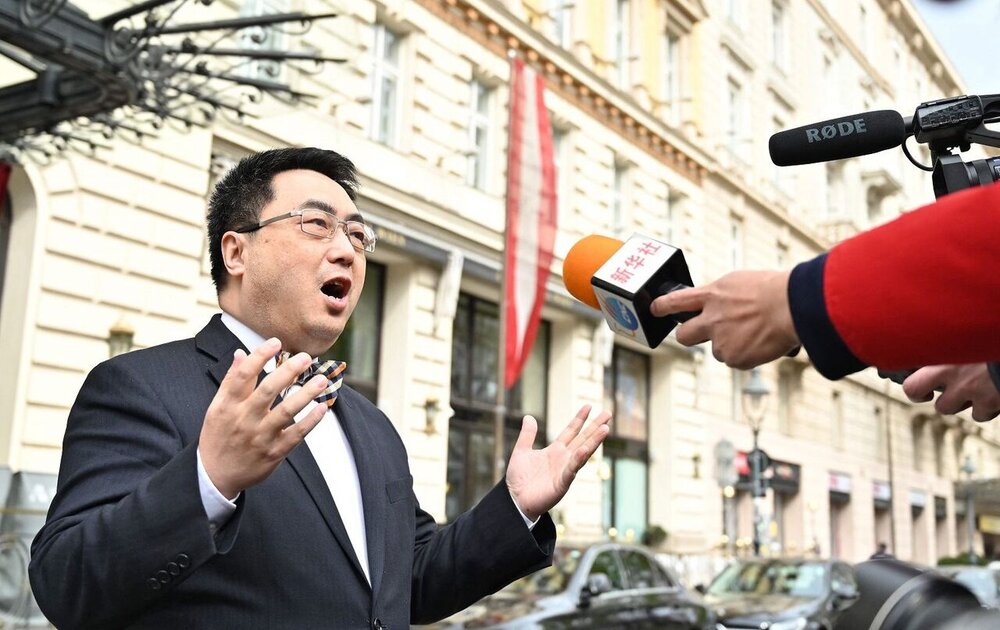China says US exercising double standard over Iran nuclear deal

TEHRAN - China is warning that global rules prohibiting the spread of nuclear weapons are at risk because of different non-proliferation standards being applied to Iran and U.S. allies, Bloomberg reported.
The “double standard” means a half-century of efforts to restrict possession of atomic warheads could begin to unravel, potentially pushing countries toward crossing the nuclear threshold, said Wang Qun, China’s ambassador to the International Atomic Energy Agency.
Western nations expect Iran to limit its nuclear-fuel stockpiles in order to revive a 2015 pact and lift sweeping economic sanctions, according to Wang. Meanwhile, the U.S. and Britain plan to transfer hundreds of kilograms of highly-enriched uranium to Australia as part of an agreement to sell nuclear submarines, Wang said.
“In Iran, the fundamental point of the nuclear agreement was to limit the breakout time to a period of one year or longer,” Wang said in an interview, referring to the interval needed to enrich enough nuclear material for a potential weapon.
“Yet in Australia they are talking about providing tons of weapons-grade material to a non-nuclear-weapons state. These exemptions risk collapsing the dam holding back proliferation,” the Chinese ambassador warned.
Iran’s nuclear deal with world powers collapsed four years ago after the Trump administration withdrew the U.S., prompting Iran to retaliate by ramping up atomic-fuel production. Talks to restore it are again at an impasse.
Wang said U.S. domestic politics heading into November’s midterm elections is complicating the talks. If the deal isn’t signed within days, he said, it will probably have to wait until after the polls.
This week, China is using an IAEA meeting to highlight its displeasure with the year-old AUKUS pact -- a $61 billion deal to eventually deliver conventionally-armed nuclear submarines to Australia. The IAEA’s statutes prohibit “any military” assistance to member states, and safeguards negotiations to enable AUKUS violate the rules.
